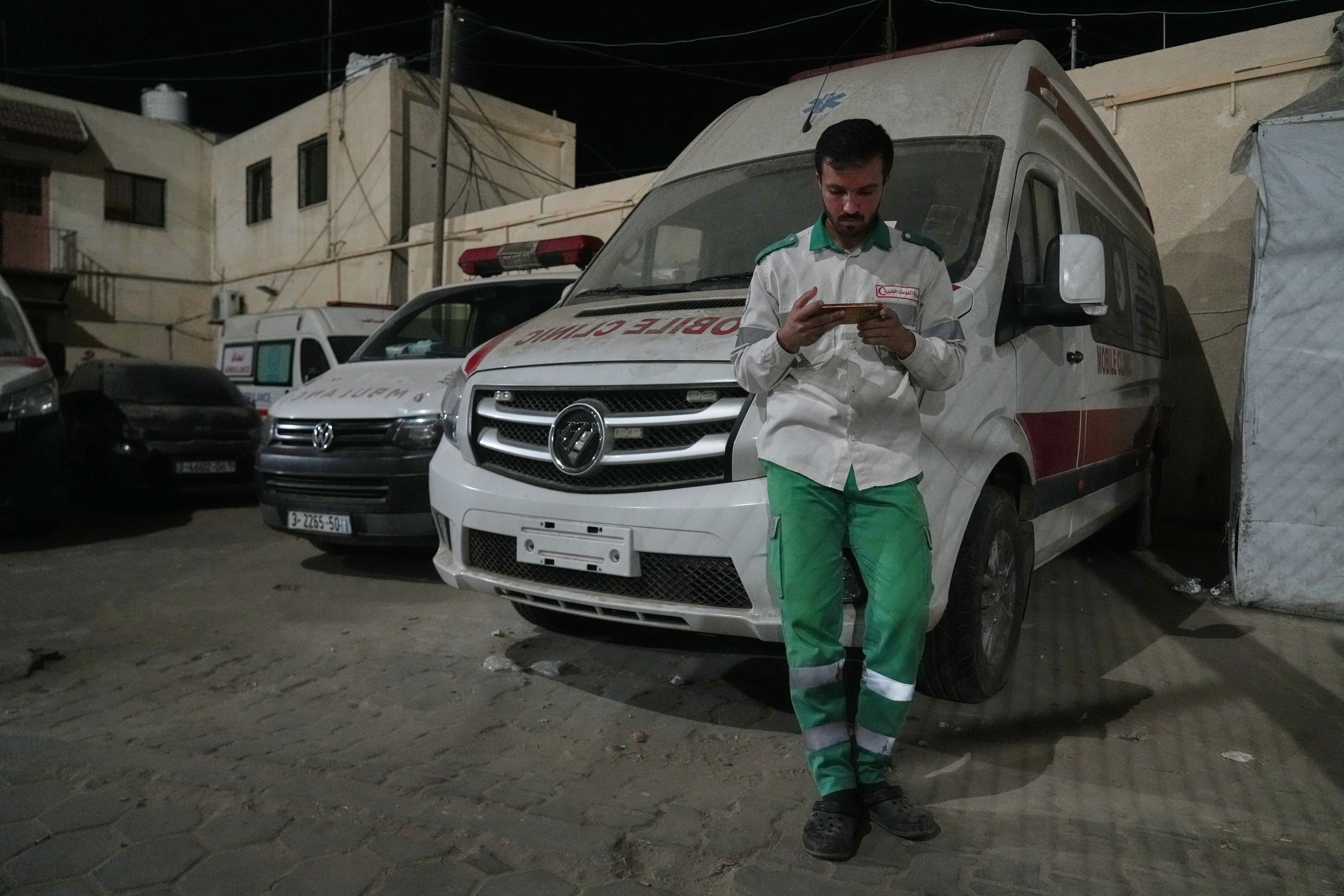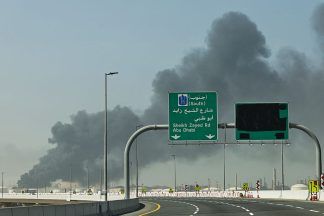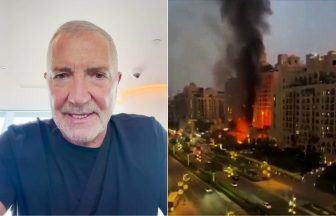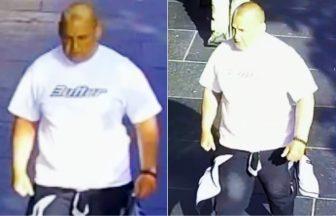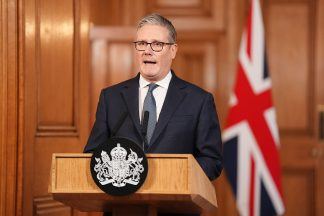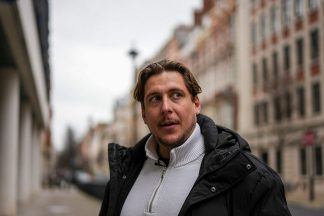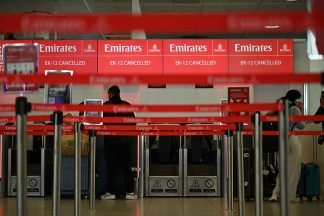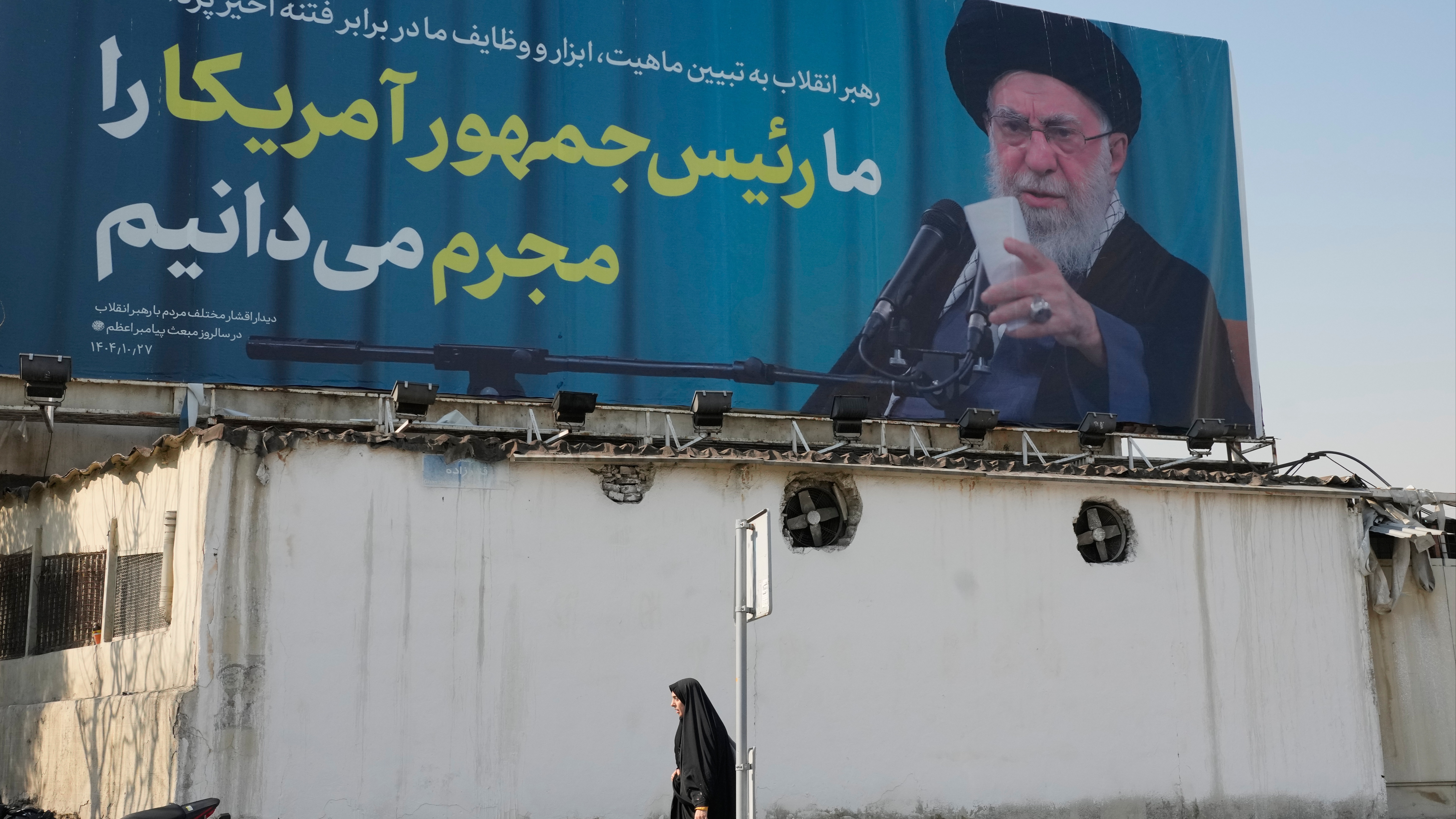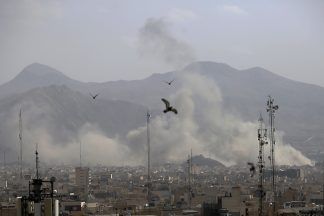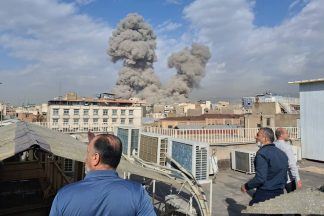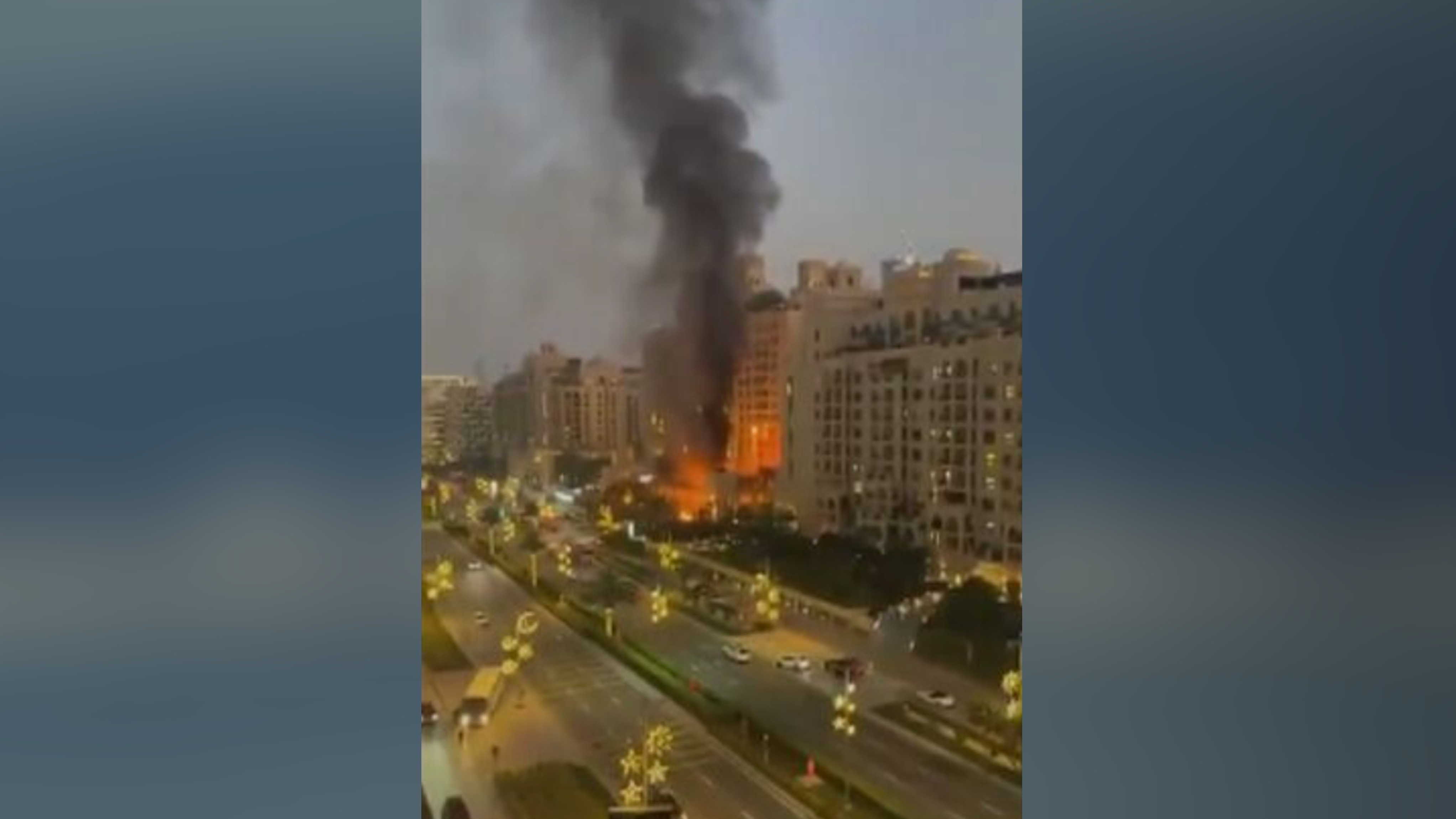ITV News’ International Editor Emma Murphy speaking to Good Morning Britain from Sharm el-Sheikh, Egypt, where Israeli and Hamas officials are set to sign a deal on Thursday
And so finally it seems peace is coming to Gaza. Two years and 2 days after October 7, approximately 70,000 deaths later a deal has been done.
That deal means the release of all 20 living hostages at the weekend, along with the return of the bodies of those who did not survive. Hundreds of Palestinians serving life sentences will be released along with around 1700 detained since October 7th.
It’s expected five crossings into Gaza will be opened to allow aid in.
Crucially within hours the war will end though tonight Gaza remains under heavy bombardment.
Without question this is a victory for President Trump.
The pressure he brought to bear delivering a deal not dissimilar to one proposed under the Biden administration, but never forced through with massive pressure on all sides.
The fear for Hamas, the fear for all Palestinians in Gaza is that once the hostages are released the fighting will begin again.
This deal is said to contain guarantees to avoid that scenario. Those assurances will be welcome but the doubt and fear will remain.
History will determine what the guarantees stood for.
Tonight I spoke with Mohammed Abu Safia, ITV News’ cameraman in Gaza. For two years he has documented the destruction of his land and the killing of his people. He struggled to find the words to sum up his feelings. “We have lost so much and so many,” he said.
“But we must find a way to recover and rebuild.”
As he spoke Israeli attacks continued. For so long peace in Palestine has seemed illusory, it still feels like that and it may yet prove to be so.
But for now it is a prospect of peace welcomed in a broken land by those whose bodies, hearts and mind will forever tell of the war they survived.
It is a peace which will return hostages to their families. Some with the joy of embrace others with the brutality of the body bag.
In 2002, after the Israeli siege of Ramallah in the West Bank, the acclaimed Palestinian poet Mahmoud Darwish wrote “we suffer from an incurable disease called hope”.
Twenty three later, after a war unsurpassed in the troubled history of his people, Darwish’s words echo.
Palestinians once again have hope, yet it comes, as ever it has, with fear. A fear born of the predictably of war and the unpredictability of peace.
Follow STV News on WhatsApp
Scan the QR code on your mobile device for all the latest news from around the country


